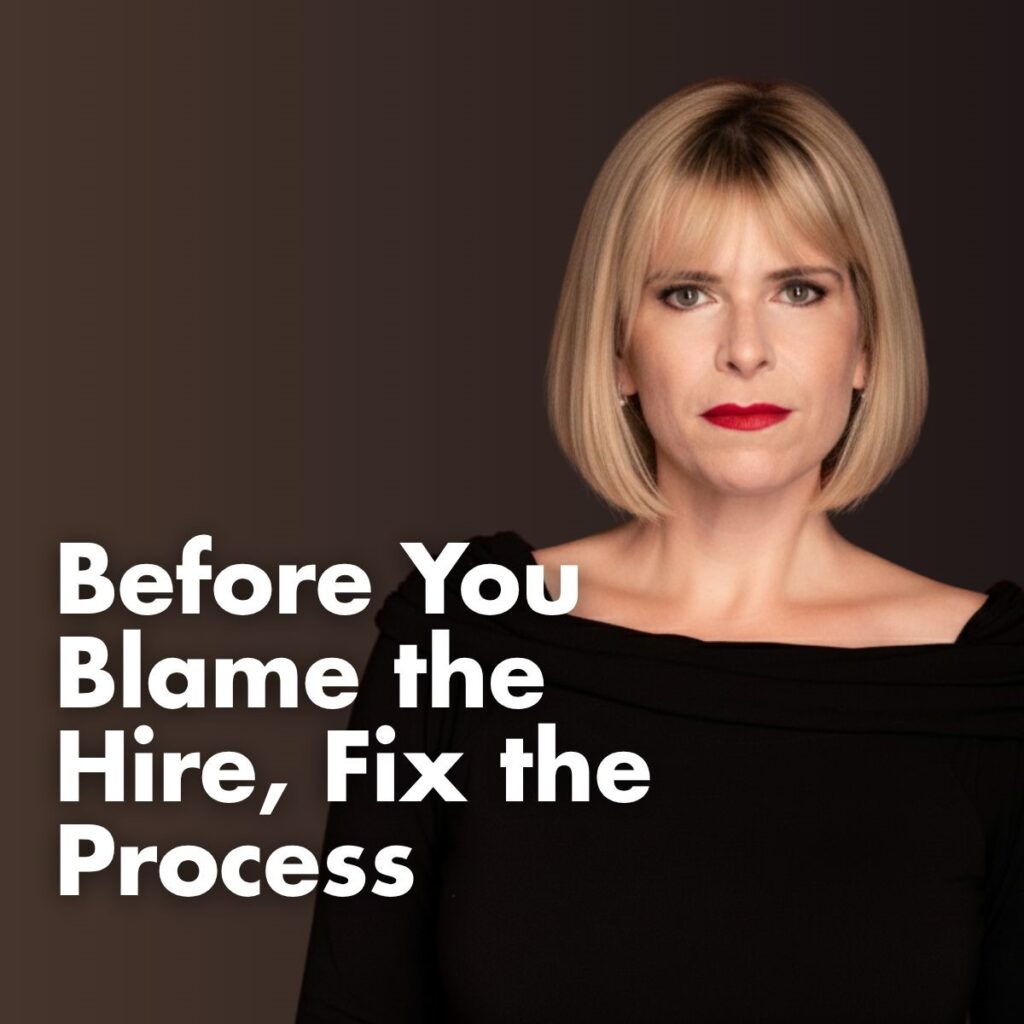Everyone knows an Emma.
Emma, the founder drowning in to-dos.
Emma, who swore this month she’d finally get help.
Emma, who spent three hours on Fiverr trying to find “a VA who can do everything.” I call them unicorns.
I’ve met many Emmas, and here’s what I’ve observed: Emma isn’t the problem. The hiring process is.
When her inbox hit 1,200 unread messages, Emma went to Fiverr. She typed “virtual assistant, reliable, proactive, English fluent” and hired someone in 48 hours. For two weeks, things looked fine. Then tasks slipped, instructions were repeated, and eventually, the VA disappeared mid-project.
So Emma said what many founders say in this situation:
“I guess I’m just bad at delegating.”
or
“There are no good people out there.”
But here’s what really happened:
• Nobody helped Emma define what she actually needed.
• Nobody asked, “What will success look like 90 days from now?”
• Nobody said, “You don’t need a VA, you need a project coordinator.”
Marketplaces can’t ask those questions. They just match keywords. They don’t challenge business owners on what they think they need. Marketplaces are built for transactions, not transformations.
Good agencies are different. They sit with the messy notes from founders, the voice messages, the vague frustration of “I just need help,” and turn that into a clear process. They design a role before the hire.
That invisible work — the questioning, the clarifying, the diagnosing — is what turns a two-week freelancer into a two-year team member.
So stop the cycle of hiring before understanding.
Before hiring, take the time to:
1- Get help defining what you truly need.
2- Map the skills to your real priorities.
3- Make sure your new hire has the context to succeed.
The goal isn’t to fill a seat fast. It’s to know when Fiverr fits, and when it doesn’t.

You Might also like
-
Episode 2: From Traditional Law Firm to Global Remote Business
In this episode, Rosemary sits down with Elizabeth Garvish, founder of Garvish Immigration Law Group, to explore how listening to her inner voice led her to build a global immigration law firm rooted in purpose, flexibility, and love.
Elizabeth shares her journey from big law to creating what she calls the happiest law firm in America, navigating professional setbacks, choosing courage over fear, and redefining success on her own terms.
Now based in Madrid while running a fully remote team across the United States and Latin America, Elizabeth discusses how she builds high trust teams, leads with strong values, and creates a people first culture that supports working parents, immigrants, and global talent.
This conversation is a powerful reflection on leadership, remote work, resilience, and what becomes possible when you choose alignment over conformity.
Post Views: 64 -
More People Don’t Mean Less Burnout
More People Don’t Mean Less Burnout
Hiring won’t fix burnout.
I know that’s not what most founders want to hear.When you’re exhausted, overwhelmed, and carrying too much, hiring feels like the solution.
More hands. Less pressure. Finally some relief.But here’s what I see over and over again
Burnout usually isn’t a people problem.
It’s a design problem.If a hire adds more decisions, more explaining, or more mental load, the burnout doesn’t go away. It just gets louder.
That’s why these three things matter before you hire:
Hire for relief
A good hire should give you back time, focus, and mental space. If you don’t feel relief after onboarding, something is off.Avoid unicorn roles
Clarity beats talent every time. When roles are vague, even great people struggle. Clear roles create ownership and confidence on both sides.Scale from enough
Stability comes first. Growth should build on what already works, not try to rescue what’s broken.At Staff4Half, we help founders build reliable remote teams in LATAM that actually reduce pressure instead of adding chaos.
Because hiring should support your life, not drain your energy.If this resonates, you’re not behind.
You’re just ready to hire differently.https://www.linkedin.com/posts/rosemary-czopek_3-tips-before-you-hire-activity-7423008373664739328-l0Ee?utm_source=share&utm_medium=member_desktop&rcm=ACoAAAFbvTABkvCLRpsoUttdPJ7c7BEJNAJNW04
Post Views: 28 -
Entrepreneurship, Focus, and Freedom Over Coffee
Entrepreneurship, Focus, and Freedom Over Coffee
Had such a great breakfast in Puerto Rico with Todd Smart from EO Puerto Rico ☕️🌴
One thing I always appreciate about Puerto Rico is how connected and genuinely amazing the people are, whether they’re from the island or chose to make it home. There’s always so much depth, perspective, and real connection in the conversations here.
Todd and I shared stories about entrepreneurship, and he told me more about Blom Growth, how their coaches and software are helping businesses scale at unprecedented speed and with more freedom. He also shared insights from his book Flourish, which is all about transforming your business through focus, freedom, and fun, three things every entrepreneur could use more of 📘✨
Thank you for the inspiring breakfast, Todd. Grateful for conversations like this and the community that makes them possible 🙏 Post Views: 38
Post Views: 38



